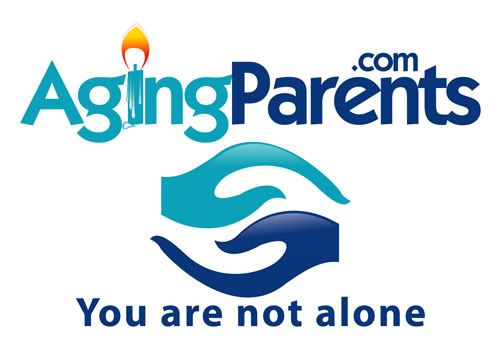“No Artificial Means” at the End of Life: Will the Doctors Go Along With The Patient’s Wishes?
By Carolyn L. Rosenblatt, R. N., Attorney at Law, and Dr. Mikol S. Davis, Psychologist, AgingParents.com
The effort to put a power of attorney for healthcare to use may shock you. This was our experience, and we’re experts at this! This document, also called an advance healthcare directive, or a healthcare proxy, is not always honored by the healthcare team in a hospital. (read more)
Your parent may be clear in the directive: do not resuscitate me if my heart stops, if I’m dying anyway, and have no reasonable expectation of surviving. That’s the essence of most health care directives. It involves the so-called “do not resuscitate” order that a physician must approve if the patient is not going to receive every artificial means of prolonging life that is available.
What we at AgingParents.com and many people find frustrating and very difficult is that the hospital environment, except in special situations, is not set up to honor the patient’s wishes at the end of life. Particularly in settings without what is called palliative care, doctors and other staff may not be at all focused on honoring a “do not resuscitate” wish by the patient.
Palliative care, practiced by hospices, and by some physicians and hospitals as a matter of policy, is care that is directed to the goal of keeping the patient comfortable and respecting the right to die. In most states, one cannot hasten death, as a matter of law. The controversy arises when a doctor may see “hastening death” as not doing every possible thing that could conceivably be done to save a person from dying. Yes, this does contradict a “do not resuscitate” request by the patient’s healthcare directive.
In our case, Dad was dying. His wishes were clear in his healthcare directive: no artificial means were to be used to prolong life. He was unconscious. It was up to us. His son was the agent, who was to implement Dad’s wishes. The power of attorney may find himself or herself at odds with the treating doctor or doctors, just as we were
Attitudes vary, of course, and some physicians are very capable of assuring families that it is okay to let go, to say goodbye, and to allow the person to pass on. Others insist on doing more and more treatment, regardless of the anticipated outcome that it is only going to prolong the moment of death. The concept of artificial means is open for individual interpretation, as we found out firsthand.
What happened? We had to get very assertive about honoring Dad’s wishes when he could no longer speak for himself. This was in the context of grieving and sadness and many tears accompanying the realization that he wasn’t going to make it after surgery. The end was near.
We had to actually tell the nurses to stop all the artificial things they were doing to prolong Dad’s life. He was getting worse every day, and everyone knew it, but no one would say it. No one but the two of us.
At our request, the nurses contacted the doctor on duty, and the order was given to stop the artificial things, medications, specialists who were getting nowhere, and useless treatment that was keeping Dad alive longer than his body wanted to be kept alive.
We honored what Dad wanted. He was allowed to die in peace, in a dignified way, with all of his family at his bedside to say goodbye, and to say the last prayers and blessings for him.
Looking back, I can say I’m glad I have a nursing background and could see what was going on. I’m glad we could both advocate for Dad at the end of his life, to let it be the way he had specified he wanted it to be.
If you are the agent on your parent’s healthcare directive, be sure you are clear about this part of your job. Except in a hospice, the doctors will just carry on trying to save lives. It doesn’t matter if the healthcare directive is sitting in the patient chart, as Dad’s was in his chart. No one seemed to pay any attention to it.
If you find yourself at the end of life with your loved one and he is unable to speak, it’s up to you to speak for him. Reminding the doctors of your parent’s wishes about end of life can be one of the last, loving acts you do to honor your loved one.
©2009, AgingParents.com, Carolyn L. Rosenblatt, R.N., Attorney and Dr. Mikol S. Davis, Psychologist.